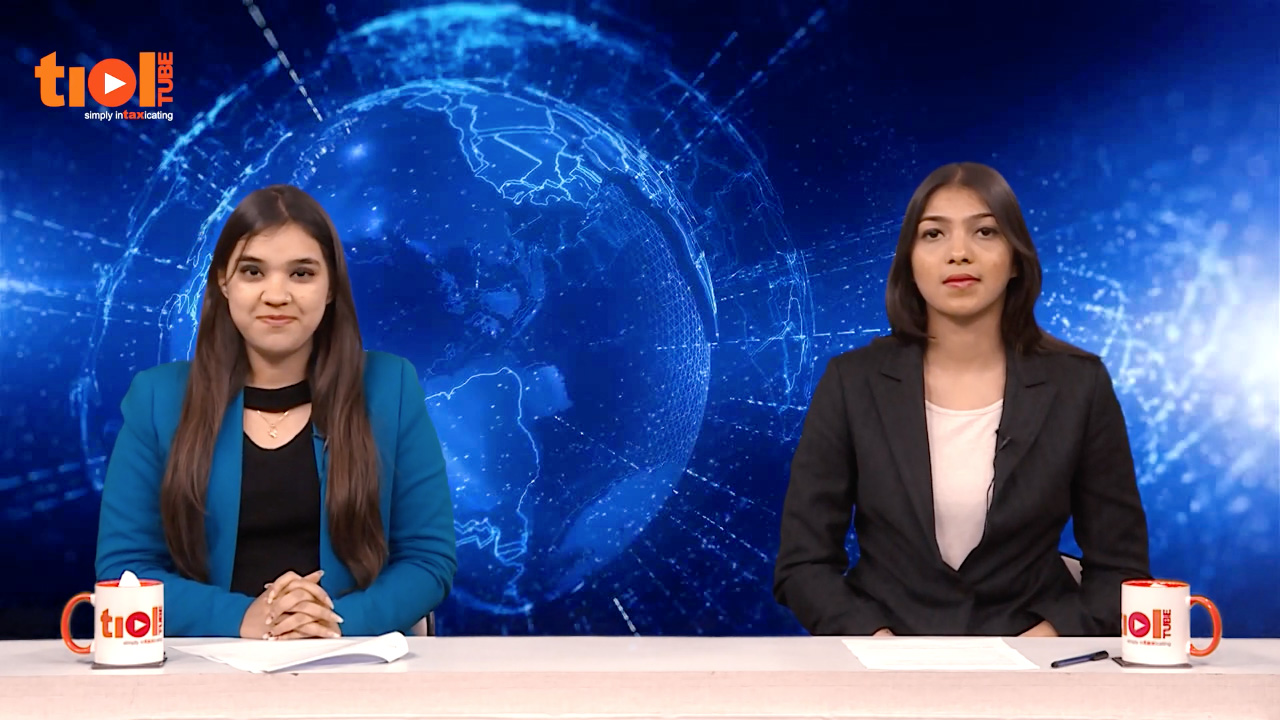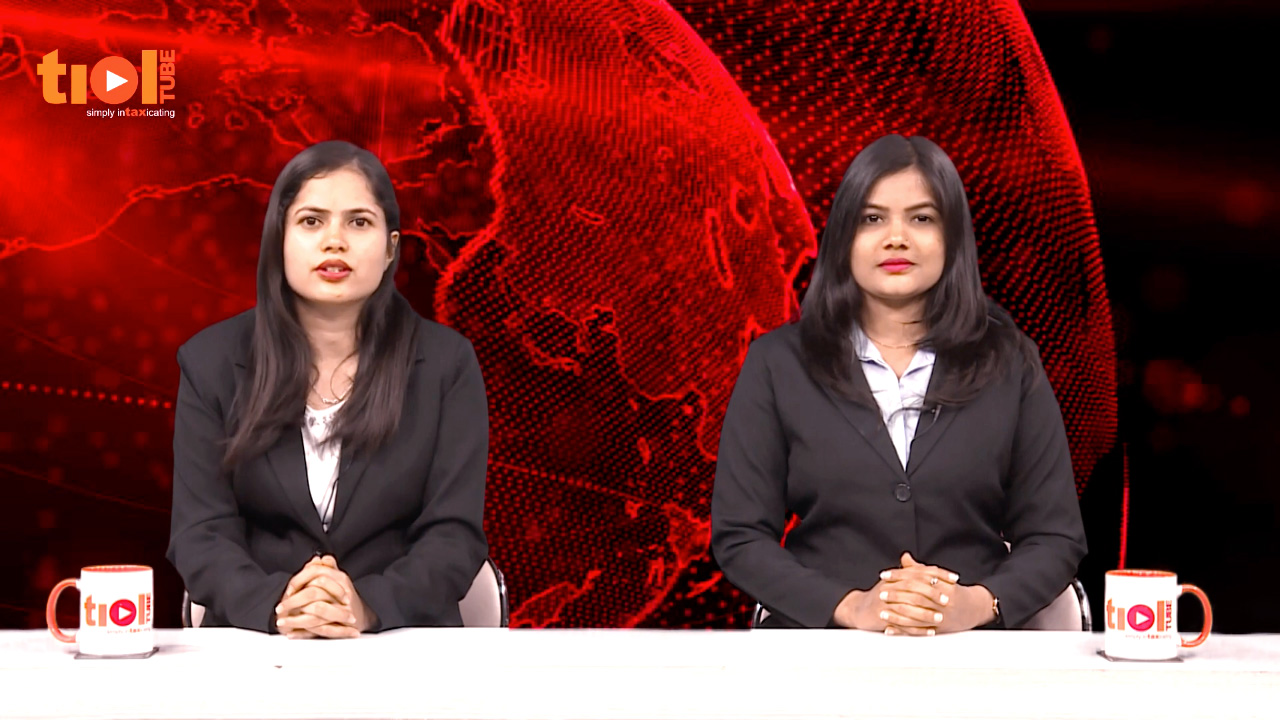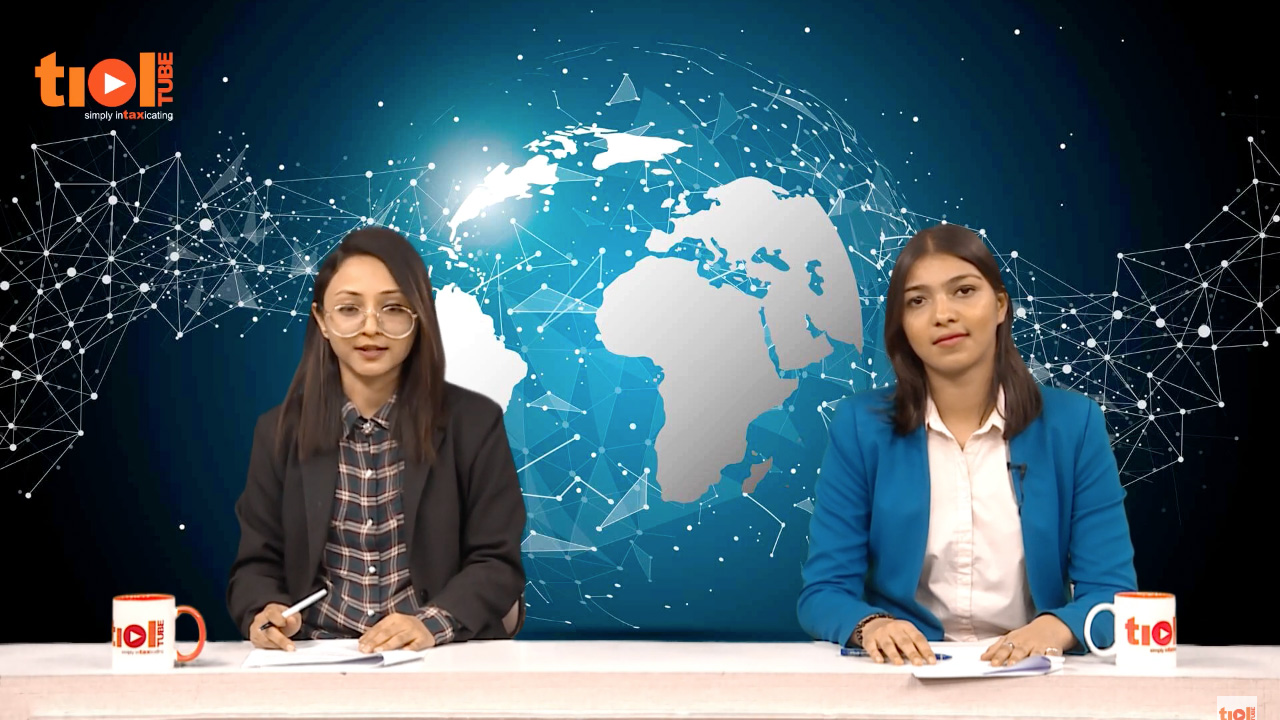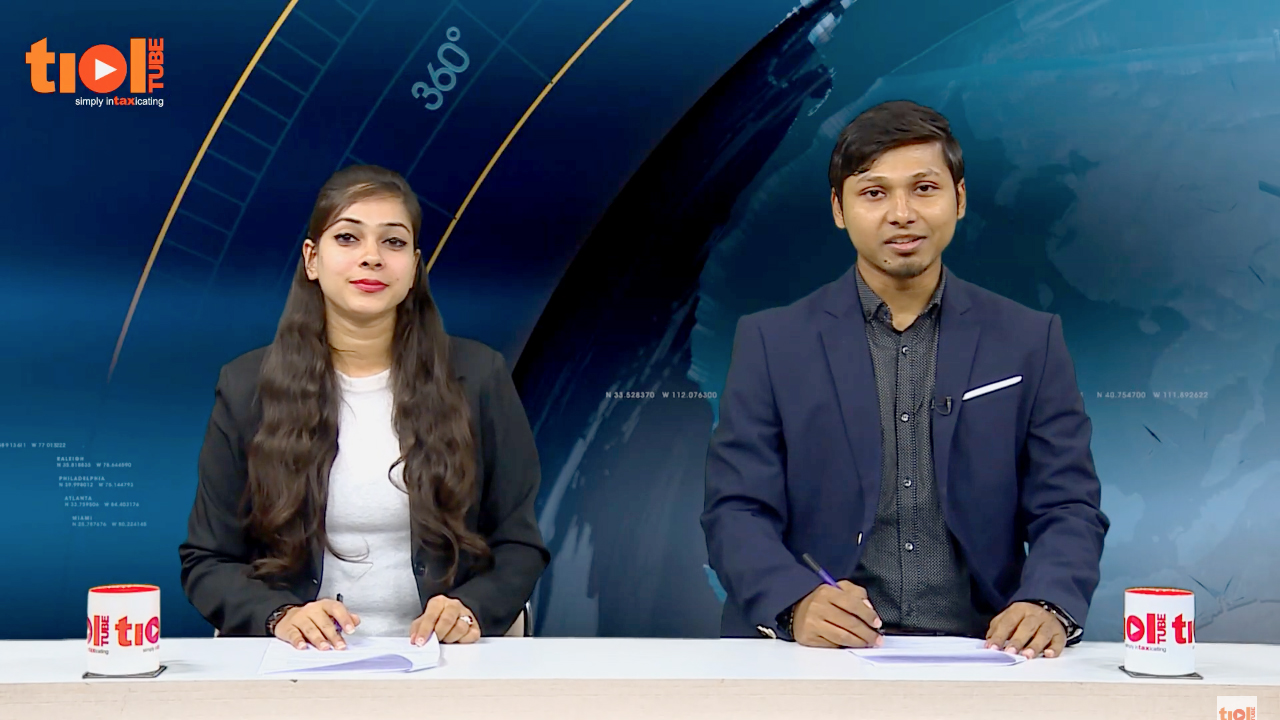| SERVICE TAX
ST - Refund - CENVAT - Rule 5 of CCR, 2004 - It is a well settled principle that availment of CENVAT credit, its utilisation and its refund are different aspects dealt with under CCR 2004 - Rule 5 of CENVAT Credit Rules 2004 provides for refund of CENVAT Credit in respect of goods/services exported out of India - Nowhere in rule 5 is there a provision to determine whether availment of CENVAT Credit in the first place is correct or otherwise - There is a separate provision for recovery of irregularly availed CENVAT credit under Rule 14 of CENVAT Credit Rules 2004 - There are also provisions for recovery of interest as well as imposition of penalties if any CENVAT Credit is irregularly availed - Therefore, Bench agrees with the appellant that the rejection of refund of CENVAT Credit partly on the ground that the input services are not eligible for CENVAT Credit at all is not correct in law - rejection of refund claim on this ground is not correct and needs to be set aside: CESTAT [para 6]
ST - Refund - As far as the appellant's assertion that the formula given in Notification No. 5/2006-CE(NT) dated 14.03.2006 for determining the maximum refund has been wrongly applied by the lower authorities, the said aspect needs factual verification in each case - For this limited purpose of calculation, Bench remands the matter to the original authority: CESTAT [para 6, 7]
- Matter remanded: HYDERABAD CESTAT
CENTRAL EXCISE
CX - During the course of investigation, appellant paid an amount of Rs.2,20,444/- through their CENVAT credit - Thereafter, they succeeded in the matter before the Commissioner (Appeals) and filed a refund claim along with a claim for interest - the Deputy Commissioner sanctioned the refund amount but ordered appropriation of the same against amounts due and recoverable by the Department under section 79(1)(a) of the CGST Act, 2017 - Commissioner(A) upheld this order and, therefore, an appeal came to be filed before the CESTAT - appellant submits that there is no such recoverable amount against which such adjustment could have been made and that there is no finding on the lower authorities on their claim for interest u/s 11BB of the CEA, 1944.
Held: There is no specific finding either in the Order-in-Original or in the Order-in-Appeal as to whether the appellant is entitled to the interest on refund under section 11BB or otherwise with the reasons - Therefore, Bench finds it as a fit case to be remanded to the original authority for this purpose - As far as the second issue of appropriation of the amount towards amounts allegedly due under CGST Act is concerned, Tribunal has no jurisdiction over any decision under the CGST Act - Transitional provisions for transfer of CENVAT credit and refund of duty, etc., from the excise or service tax to the GST have been made under the CGST Act and not under the Excise Act or Service Tax Act - adjustment of refund is contested by the appellant on the ground that the amount was not due under the realm of CGST Act - A decision as to whether the amounts are due or otherwise falls under the CGST Act which can also not be decided by this Tribunal inasmuch as under the CGST Act, there is a provision for GST Appellate Tribunal to hear appeals against such decisions - Therefore, without passing any remark on the appropriation of the amount made, matter is remanded: CESTAT [para 6]
- Matter remanded: HYDERABAD CESTAT
CX - Appellants were allegedly engaged in manufacturing of excisable goods in the name of 'NEFF' brand which was not registered in the name of the appellants and appellants were clearing these goods without paying central excise duty although they were not entitled to the same - In the present matter, the appellant has deposited the duty amount along with interest and penalty and is not questioning the same and the only challenge in the Appeal is about redemption fine - It is settled position that a standard formula cannot be laid down for imposition of Redemption Fine and each case has to be examined on its own facts - The Appellant had shown their bonafides by depositing the amount of duty along with interest and penalty and did not contest the same - this is, therefore, not a fit case for confiscation of the goods and this case cannot be equated with the case of attempt to clear the goods clandestinely - redemption fine is set aside and Appeal is allowed accordingly: CESTAT [para 4]
- Appeal allowed: DELHI CESTAT
CUSTOMS
Cus - The assessee had filed refund claim under special refund mechanism as is provided under Exemption Notfn 102/2007 - The said claim was with respect to SAD which was rejected by the original adjudicating authority - However, Commissioner (A) had allowed the said refund - The SAD is leviable under section 3 (5) of CTA, 1975 - However, the Department in year 2007 vide notfn 102/2007 extended an exemption to said SAD - Vide this notification the goods falling within first schedule to CTA, 1975 stands exempted from whole of the additional duty of the customs leviable thereon when imported in India for subsequent sale - Two conditions are prescribed in the notification itself for availing the said exemption - Though this notification is silent about any time limit for seeking the refund but in the subsequent amendment thereto vide notfn 93/2008 the time period for filling the application for refund of said SAD is specified as one year from the date of payment of SAD - This amendment makes it abundantly clear that the imports, post this amendment, have to comply with the condition as that of limitation, as well, while seeking the refund of the duty (SAD) as was paid at the time of import - The Commissioner (A) while rejecting the decision of original adjudicating authority for the refund being time barred has relied upon the decision of High Court of Delhi in case of M/s. Sony India Pvt. Ltd. 2014-TIOL-532-HC-DEL-CUS, but in the said case the import into India was prior the notfn 93/2008 - It stands clear that the decision of Sony India Pvt. Ltd. is not applicable to the cases of import made after the impugned notification and that to such imports the period of limitation of one year from the date of payment of duty is applicable - Issue being no more res integra stands decided in favour of department: CESTAT
- Appeal allowed: DELHI CESTAT | 








